Why Haven't All Primates Evolved Into Humans?
While we were migrating around the world, engaged in agriculture and visiting the Moon, chimpanzees, our closest living relatives, stayed in the trees, ate fruit there and hunted monkeys.
Modern chimpanzees have been around longer than modern humans. But we have been on different evolutionary paths for 6 million years. If we think of chimpanzees as our cousins, our last common ancestor is like a great-great-grandmother with only two living grandchildren. But why did one of his evolutionary offspring go on to achieve so much more than the other? Why haven't others evolved as well?
According to Briana Pobiner, a paleoanthropologist at the Smithsonian Institution in Washington, D.C., the reason why other primates did not turn into humans is that they are doing just fine.

All primates living today, including mountain gorillas in Uganda, howler monkeys in the Americas and lemurs in Madagascar, have proven that they can thrive in their natural habitat.
Lynne Isbell, a professor of anthropology at the University of California, Davis, said: 'Evolution is not progress. It is related to how well organisms adapt to their current environment.'
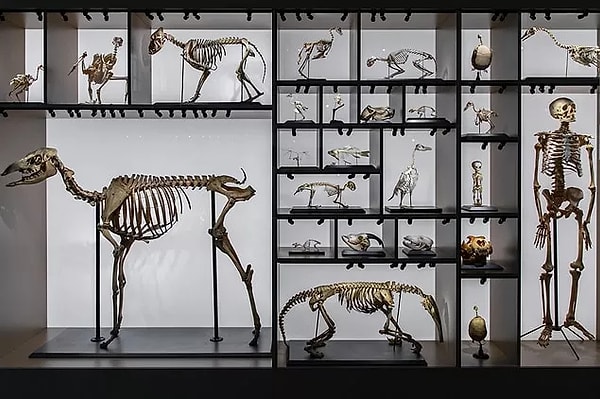
In the eyes of scientists studying evolution, humans are no more evolved than other primates, and therefore we have definitely not won this 'evolutionary race'.
Although high-level adaptation skills allow humans to use and manage very different environments to meet their needs, this ability is not enough to put humans on the top rung of the evolutionary ladder.
'Let's take ants for example. They are at least as successful as us or more successful than us. There are many more ants in the world than humans, and they have adapted very well to where they live.'

Although ants did not invent writing, they are extremely intelligent insects that invented agriculture long before we existed.
Pobiner: 'We have this idea that the fittest and the fittest are the strongest, but all you really need to do to win the evolution game is survive and reproduce.
The fact that our ancestors are different from our ancestors who were chimpanzees is a good example of this.
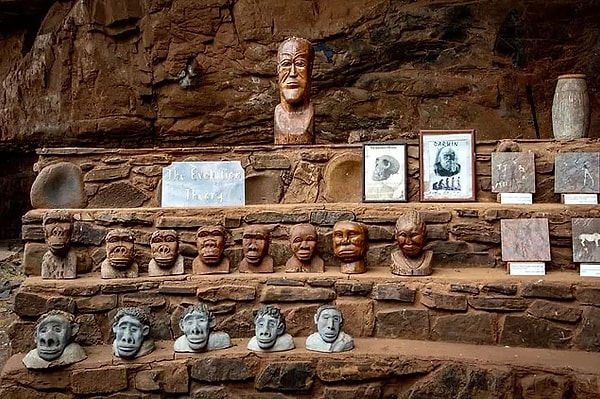
Scientists did not have a complete fossil record of humans or chimpanzees. For this reason, they combined fossil evidence with genetic and behavioral clues collected from living primates to learn about the extinct species whose descendants will be humans and chimpanzees.
Isbell: 'We don't have its remains. If there were, I'm not sure we could place it definitively in the human lineage.'
Isbell adds that scientists think this creature looks more like a chimpanzee than a human and probably spends most of its time in the shade of forests dense enough to go from tree to tree without touching the ground.
Scientists think that their ancestors began to separate themselves from ancestral chimpanzees when they began to spend more time on the ground.
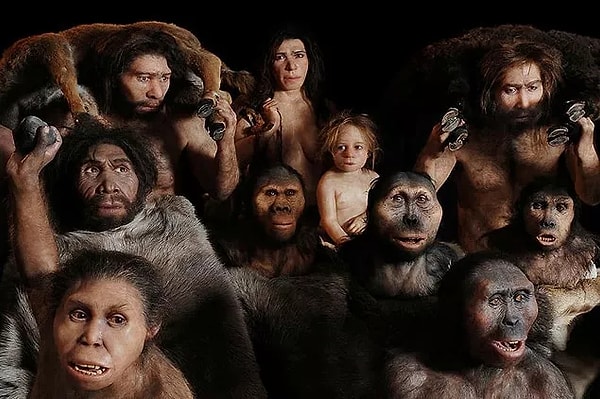
'Our earliest ancestors, who diverged from our common ancestor with chimpanzees, were adept at both climbing trees and walking on the ground, ' Isbell said.''
More recently (perhaps 3 million years ago), these ancestors' legs began to lengthen more and their big toes turned forward, which allowed them to be mostly 'full-time walkers'.
'Some variation in habitat selection would probably be the first notable change.
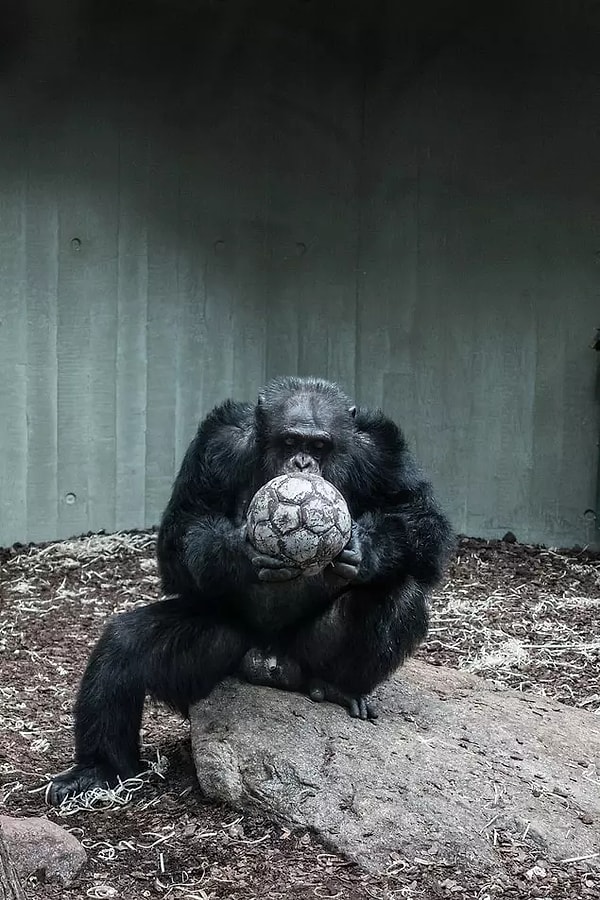
'Our ancestors must have gone to habitats where there were no 'shades' to maintain bipedalism. The rest is the evolutionary history of man.''
As for chimpanzees, just because they stay in the trees does not mean that they have stopped evolving, of course. A genetic analysis conducted in 2010 suggests that their ancestors separated from their 'bonobo' ancestors 930 thousand years ago, and the ancestors of the three living subspecies 460 thousand years ago. Central and eastern chimpanzees diverged only 93 thousand years ago.
Pobiner:
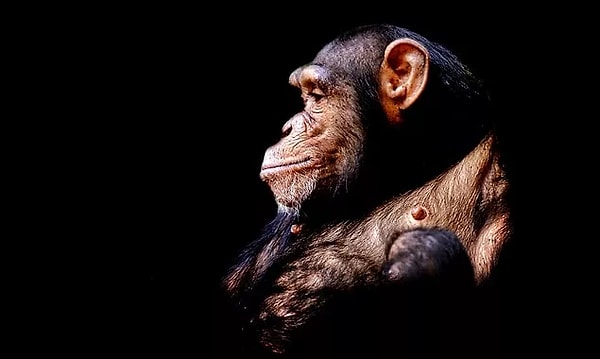
''They're clearly doing a good job of being chimpanzees, they're good at survival, and unless we destroy their habitat, they'll probably continue to breathe the same air as us for many more years.''
What do you think about this topic? Tell us in the comments!
Keşfet ile ziyaret ettiğin tüm kategorileri tek akışta gör!


Send Comment